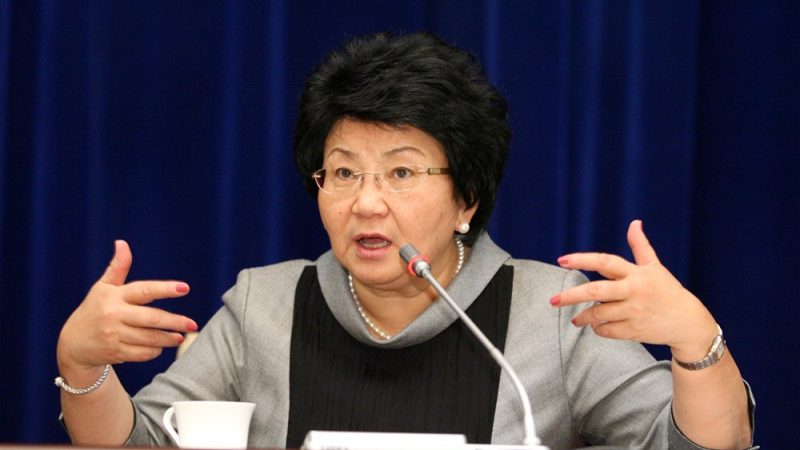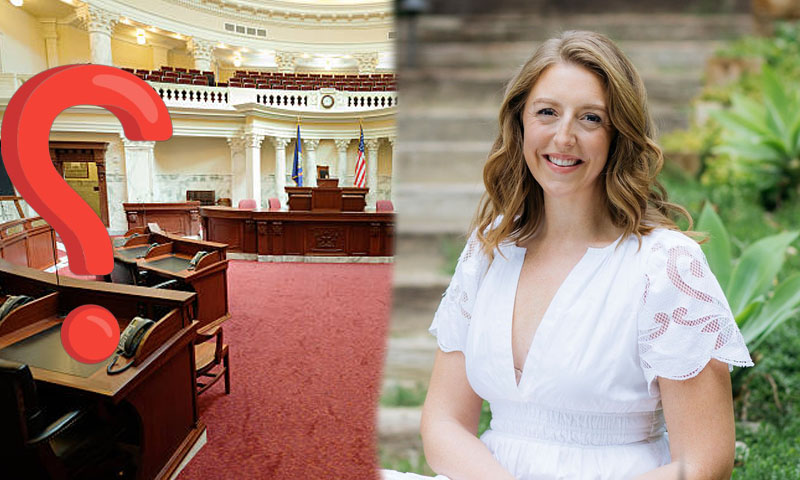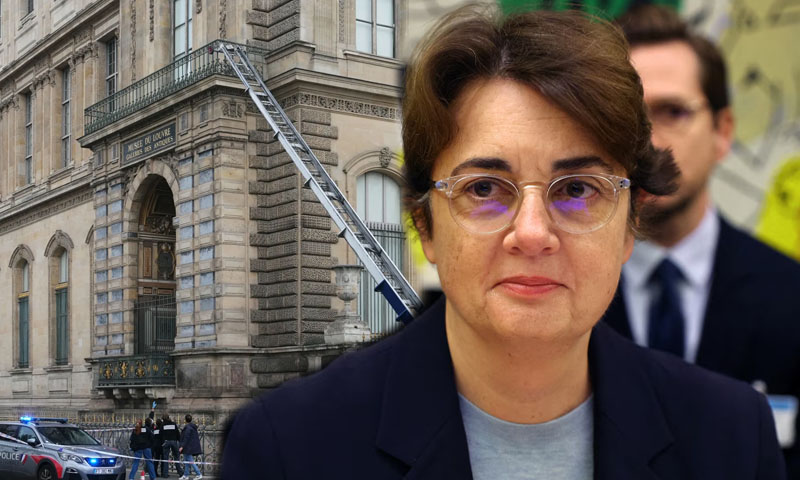- Web
- 11 Hours ago
Lift ban on women or face total isolation: UN representative tells Taliban
-

- Web Desk
- Jun 23, 2023

NEW YORK: UN Special Representative Roza Otunbayeva has told the UN Security Council that she has conveyed to the Afghan Taliban to either show flexibility and lift the ban on women and girls, or face isolation internationally and at home.
“We will not put our national staff in danger and therefore we are asking them not to report to the office” she said, adding that the UN Assistance Mission, UNAMA, has no intention of replacing them with male staff.
No assurances
She said the Taliban had given her no explanation for the ban, “and no assurances that it will be lifted.”
She said she had been “blunt” with the all-male leadership about the obstacles their decrees and restrictions on women in public life were creating, which include denying schooling beyond primary level, bans on visiting parks, gyms and playing a role in public life in general.
She has conveyed that while they persist with the human rights clamp down on women and girls, “it is nearly impossible that their government will be recognized”.
Half the population suffering
She said based on UNAMA’s engagement with civil society around the country: “it is also clear that these decrees are highly unpopular among the Afghan population. They cost the Taliban both domestic and international legitimacy while inflicting suffering on half of their population and damaging the economy.”
The UNAMA chief called on ambassadors and the international community to do more to ensure the future stability of the Afghan economy, especially in light of an expected decline in humanitarian funding this year.
The spotlight on women’s rights has also obscured some “more positive achievements” of Taliban rule, she said, mentioning the growing evidence of an effective ban on opium poppy cultivation.
Stable economy
The economy too “remains stable” with inflation down and exchange rates steady – due in part to a reduction in high level corruption.
“This macroeconomic stability, however, coexists with severe household poverty” with 58 per cent struggling to satisfy basic needs, according to the World Bank.
On other areas of concern, the UNAMA head said despite concerted counter-terrorism efforts, the terrorist group ISIS-Khorasan continued to target both Taliban official and civilians.
Although the Taliban takeover has led to a sharp fall in civilian casualties, she said the UN Mine Action Service was reporting there continue to be around 100 casualties per month from unexploded ordinance.
In conclusion, she told the Council that UNAMA and the UN system in Afghanistan would continue to engage with the Taliban, building on “established reliable working channels”.
“We could do much more however, if the Taliban rescinded its punishing restrictions on its female population.”
Shabana Basij-Rasikh, the co-founder of Afghan girls’ education non-profit SOLA, told ambassadors she had lived through the darkness of Taliban rule in the 1990s and the secret schools she attended, are back.
“I am the inheritor of the bravery of Afghan women and men too, who kindled fires in the darkness of our nation as the world’s attention drifted away. Those fires are burning even now. The secret schools have reopened in Kabul and the provinces. My school SOLA, forced into exile, is thriving in Rwanda”.
She said a record 2,000 applications had been received from Afghan communities spread across the world. “2,000 fires in the darkness, and each one represents the unquenchable, and unconquerable desire for access to the basic human right of education.”
“It is our task – the world’s task – to ensure that these flames never go out”, she said.
“What we want is summed up in a single world. That word is stability. And what makes that word possible is education.”




